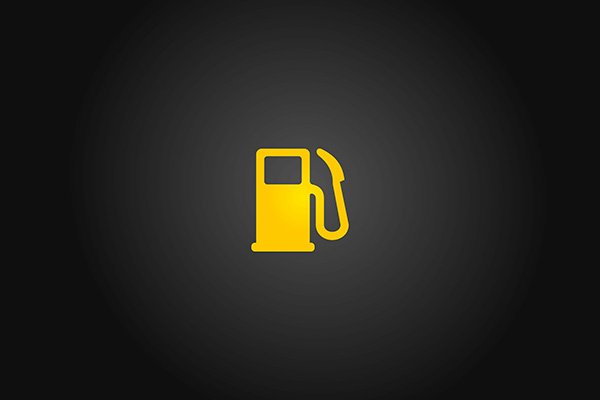
We’ve all been there — the gas light turns on, and you think, “I can make it a few more miles.” While it might seem harmless to stretch your fuel until the next gas station, consistently driving on an empty tank can lead to serious problems for your vehicle. Understanding the risks of running low on fuel can help you avoid unexpected breakdowns and expensive repairs.
Fuel Gauge Isn’t Always Precise
First, it’s important to remember that your fuel gauge isn’t a perfectly accurate instrument. Depending on your car’s design and driving conditions, the “empty” warning might leave you with more or less fuel than you expect. Relying on this light and guessing how far you can go puts you at risk of stalling in inconvenient or unsafe locations.
If your car runs completely out of gas, it can leave you stranded on a busy road or far from help, creating a stressful and potentially dangerous situation.
Damage to the Fuel Pump
Your car’s fuel pump relies on gasoline for both lubrication and cooling. When you drive with a low fuel level, the pump isn’t fully submerged and can start sucking in air instead of fuel. This causes the pump to work harder, leading to overheating and premature wear.
Over time, consistently running your tank low can damage the pump, requiring an expensive replacement. A new fuel pump can cost hundreds of dollars, and in some cases, the repair involves dropping the fuel tank, adding even more to the labor cost.
Sediment and Debris in the Tank
As gasoline sits in your tank, small particles and debris can settle at the bottom. When you run low on fuel, the pump is more likely to draw in this sediment along with the gas. This can clog the fuel filter and restrict fuel flow to the engine.
A clogged filter reduces engine performance, causes sputtering, or even prevents the engine from starting. Replacing a fuel filter isn’t always expensive, but neglecting it can lead to more serious and costly problems if debris makes it into other parts of the fuel system.
Inaccurate Fuel Readings
Driving on an empty tank can also affect the accuracy of your fuel gauge over time. When the fuel pump works harder and experiences extra heat, the sending unit (which communicates fuel levels to your gauge) can become less reliable. This leads to even less accurate readings, increasing your chances of getting stranded in the future.
Risk of Engine Misfires
In some cases, running extremely low on fuel can lead to engine misfires. When the engine isn’t receiving a steady flow of fuel, it may hesitate, jerk, or stall entirely. Engine misfires can cause further damage to spark plugs, catalytic converters, and other engine components.
Preventing these issues is as simple as keeping your tank at least a quarter full at all times.
Poor Driving Performance
When your fuel system is compromised due to sediment or an overworked fuel pump, your vehicle's overall performance suffers. You may notice hesitation when accelerating, reduced power, or rough idling. These symptoms can make driving less safe and more frustrating.
Additionally, sudden stalls or hesitation can put you at risk when merging onto highways or navigating busy intersections.
How to Avoid Running Low
The best way to protect your car’s fuel system and avoid these risks is to refuel well before the gauge hits empty. Aim to fill up when you reach a quarter tank. This habit not only helps protect your vehicle but also reduces stress, knowing you’re less likely to get stranded.
Planning your routes, especially on long trips, and knowing where gas stations are located along the way can also help you avoid running too low.
Get Your Fuel System Checked at Inmon Automotive in Merritt Island, FL
If you suspect problems with your fuel pump, filter, or overall fuel system, don’t wait for a breakdown. The experienced technicians at Inmon Automotive in Merritt Island, FL, can inspect and maintain your fuel system to keep your vehicle running smoothly. Schedule your service today and enjoy the peace of mind that comes from knowing your car is ready for the road.